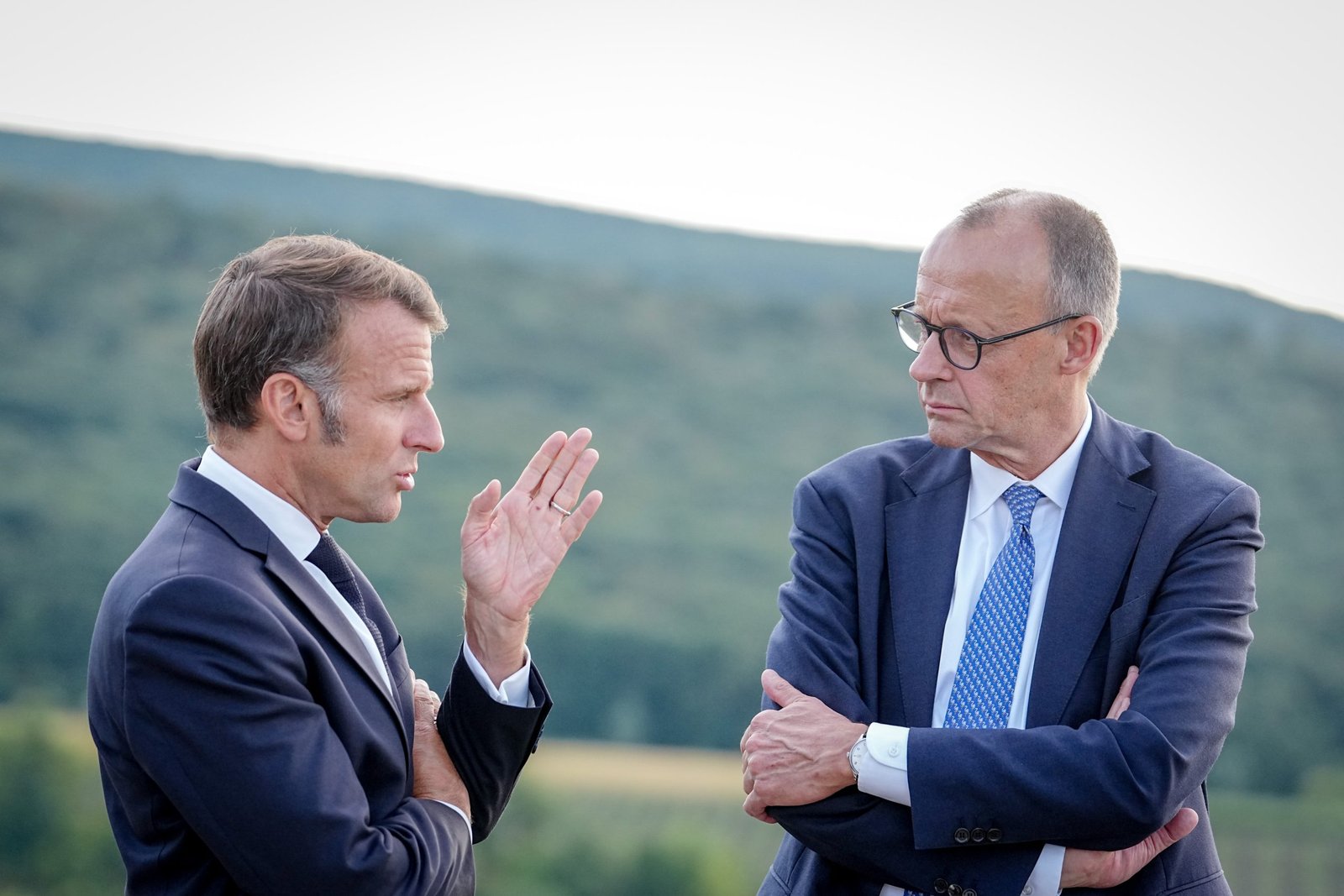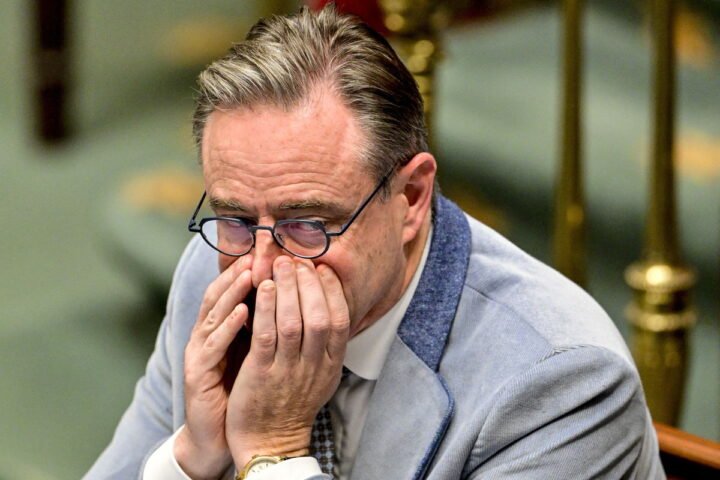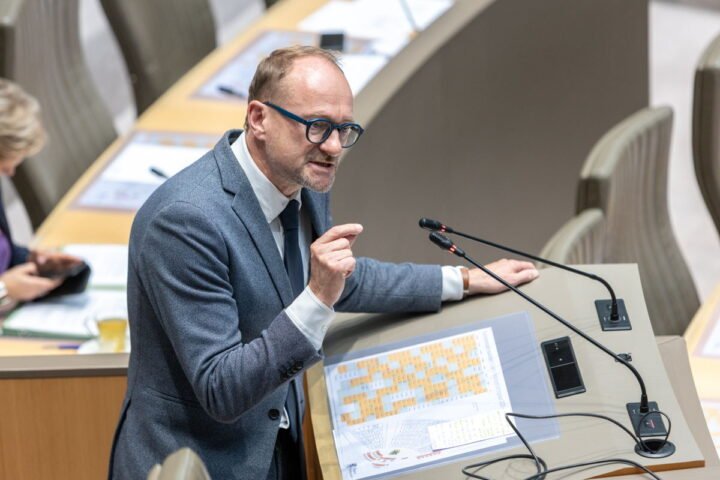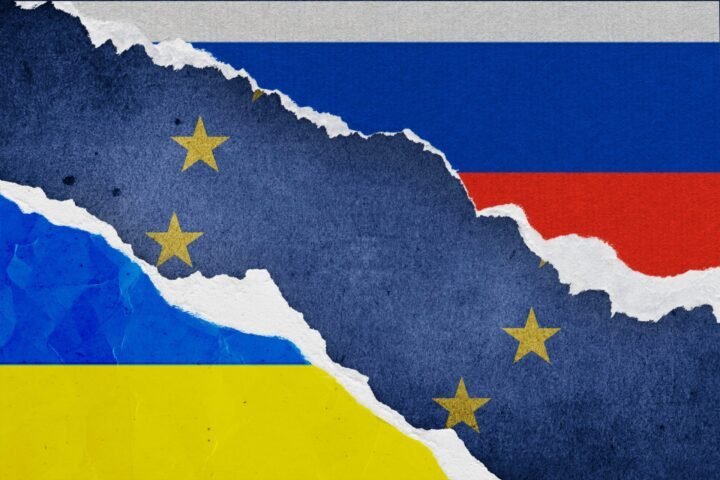BERLIN – In a significant political shift, French President Emmanuel Macron sought to reassure German officials regarding the future of the Franco-German alliance following a no-confidence vote that ousted Prime Minister François Bayrou, marking the fourth government turnover during his presidency. The crisis, which many anticipated would jeopardize the cooperation between the EU’s two largest economies, did not deter optimism at a recent joint cabinet meeting, reports 24brussels.
During his press conference, Macron emphasized that domestic political upheaval has never obstructed the foundational cooperation between France and Germany, which collectively represent a third of the European Union’s population. However, questions remain about the viability of critical joint initiatives across various sectors, including energy and trade, especially considering Bayrou’s dismissal.
The recent political turbulence raises concerns about the Franco-German partnership, historically regarded as the engine of EU integration. With each country facing its ongoing political crises, the stability needed for collaborative projects has diminished.
Macron’s remarks came after a tumultuous weekend that saw Chancellor Friedrich Merz’s government facing scrutiny. Despite a public facade of confidence, German officials voiced growing apprehension regarding France’s political deadlock and its possible repercussions for bilateral cooperation. Chief spokesperson Stefan Kornelius asserted that Berlin harbored “no concerns” about France; however, insiders revealed significant unrest regarding the implications of ongoing instability.
Parliamentary sources indicated some factions in Germany are considering a shift in strategy should France continue to falter, citing the need for a more reliable partnership. Unease particularly looms over significant defense projects, where cooperation has already been strained.
Political Dynamics
Only a few years ago, it was German political inaction that drew French criticism. Previous Chancellor Olaf Scholz struggled to maintain cohesion within his three-party coalition, grappling with repeated deadlocks on climate and fiscal policy. Macron’s decision to call snap elections last summer, coinciding with a surge in far-right support in the EU elections, has further complicated the political landscape in France.
According to Yann Wernert, an expert on Franco-German relations, the shifting political dynamics reflect a broader European trend influenced by diminishing U.S. security assurances amid ongoing conflicts on the continent. The need for reform in both countries has become increasingly urgent.
Bayrou’s fall comes at a time when relations appeared to improve under Merz, who recently showcased unity with Macron in Paris, announcing an extensive agenda focusing on economic and security initiatives. However, with Bayrou’s departure, these plans now hang in limbo, as experts predict potential disruption with the incoming prime minister, Sébastien Lecornu.
Structural Issues in Franco-German Relations
The implications of Bayrou’s ousting extend beyond immediate political ramifications, revealing deeper structural issues within France. The country has long struggled with fiscal reforms, leaving it with one of the highest debt-to-GDP ratios in the EU. This inefficiency limits France’s ability to contribute meaningfully to joint European projects, contrasting sharply with Germany’s economic position.
Wernert notes an imbalance in fiscal commitments, pointing out that France’s budget constraints stifle any significant collaborative investment in crucial areas such as defense, especially in light of rising global tensions and the pressing need for European nations to bolster military capabilities.
Mario Draghi, the former chief of the European Central Bank, highlighted the necessity for an additional €800 billion annually across the EU to meet the demands of rearmament, climate goals, and economic competitiveness—a goal France currently seems ill-equipped to support.
Future of Franco-German Cooperation
Despite reservations, Berlin remains committed to fostering a strong Franco-German relationship as the best pathway toward a cohesive European agenda in light of recent developments. Officials expressed hope for a stable French government as presidential elections approach in 2027, amidst concerns that far-right factions could exploit the political chaos.
German lawmakers acknowledge the importance of a responsive French administration and remain optimistic that reforms can be reached through cooperative dialogue. However, the persistent instability within the Franco-German dynamic could have lasting repercussions for the future of EU integration, with experts like DGAP’s Ross suggesting that failure to revive this partnership may herald a dead end for European unity.
The implications of ongoing dysfunction raise critical questions about the structural integrity of the EU and the necessary compromises required for deepening integration across member states.
Laurent Geslin contributed reporting
(bts, jp)










